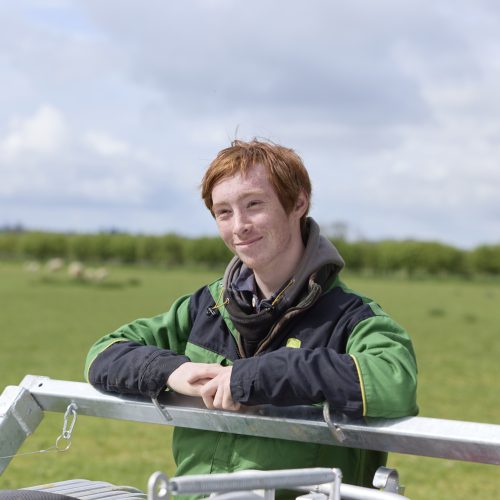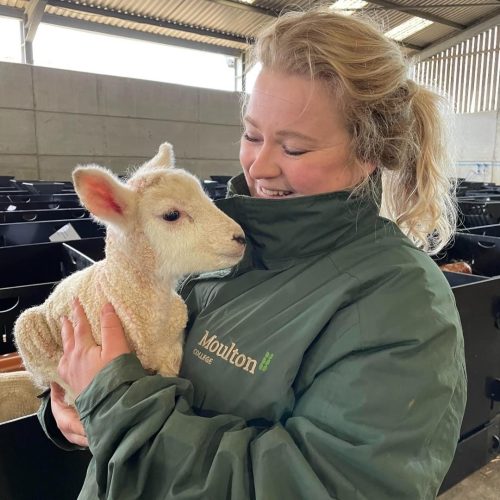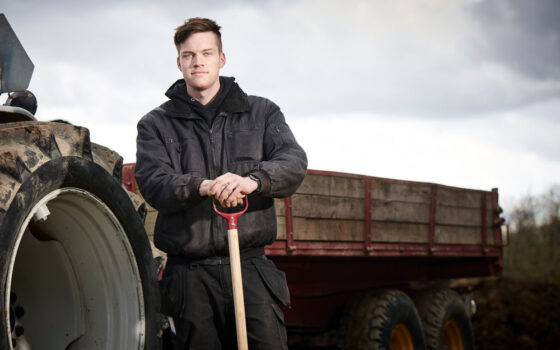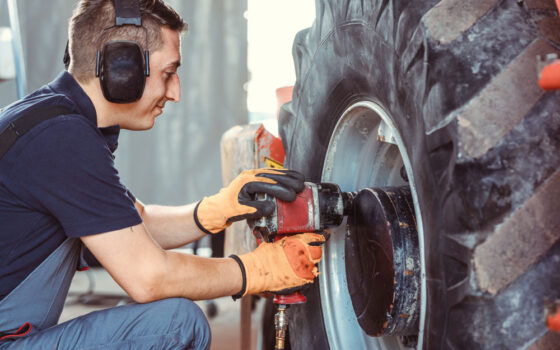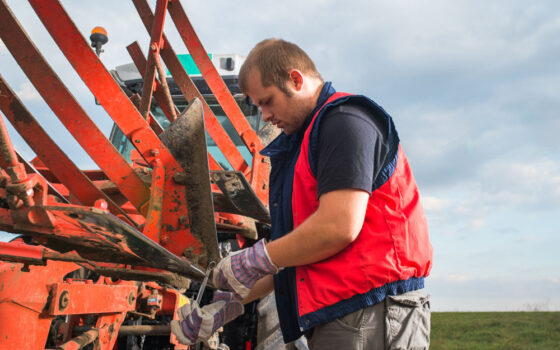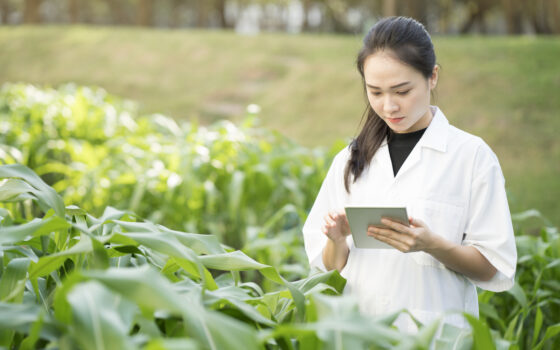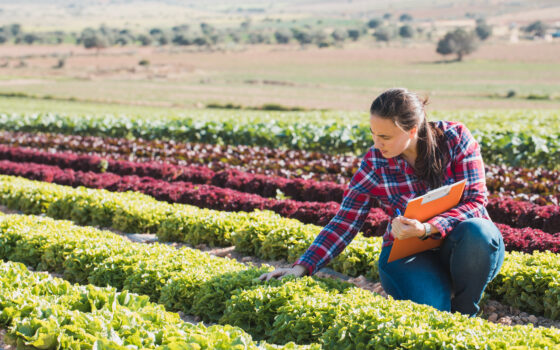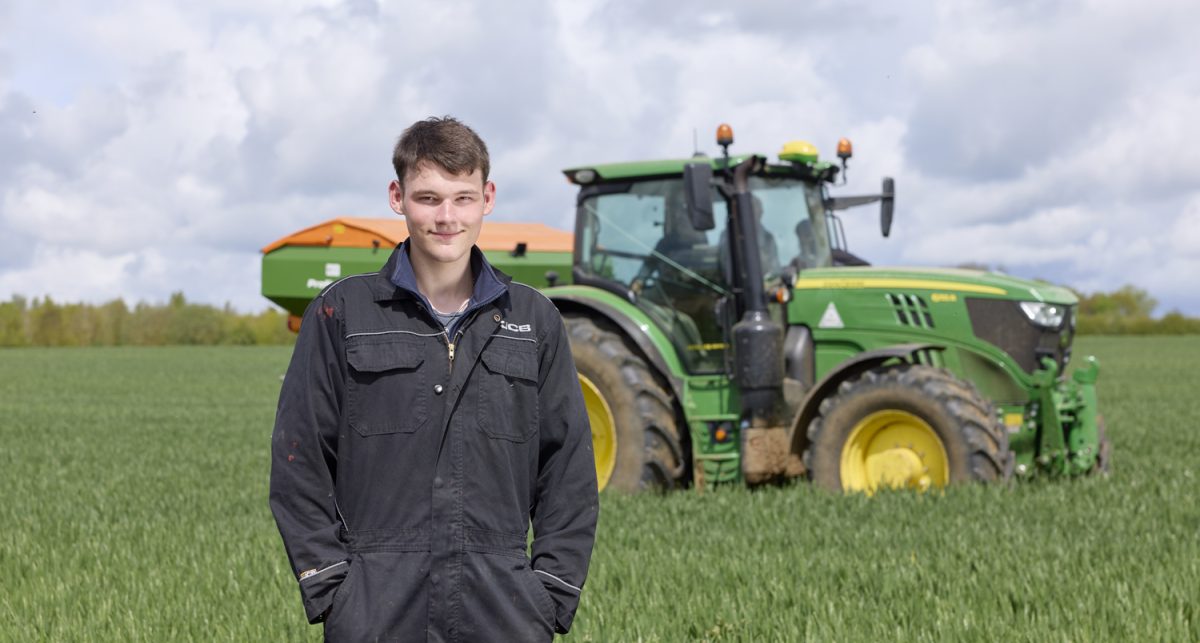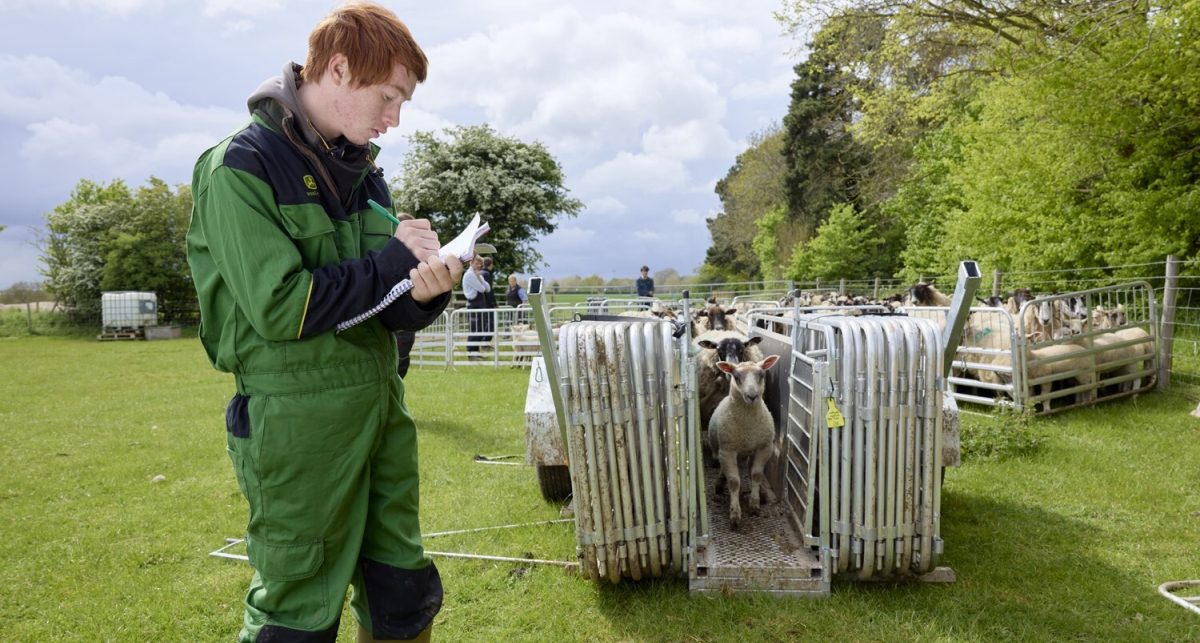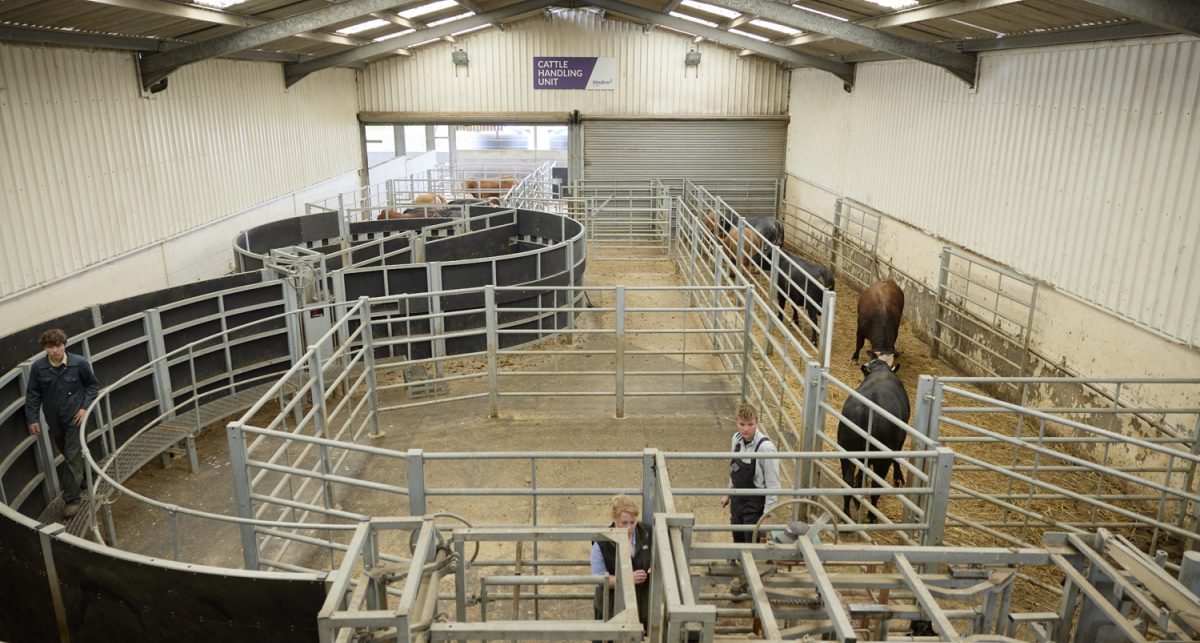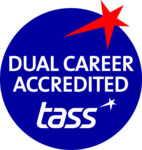The Agricultural sector is one of constant development and innovation.
If you are interested in plant and crop cultivation and livestock management then our Level 2 Diploma in Agriculture will provide you with skills and theoretical knowledge to start your career in the industry.
Our Agricultural students have access to an exciting range of specialist resources at the College. With over 440 hectares of farmed estate on a range of soil types our fully equipped workshops have a range of machinery including tractors, forklifts and all-terrain vehicles.
Guided by our expert staff and guest lecturers you’ll use our extensive farmed estate to develop your knowledge in farm management and diversification.
As part of your course you will undertake commercial experience, where you will learn and develop practical skills that will be vital for your future in agriculture and farm management.

